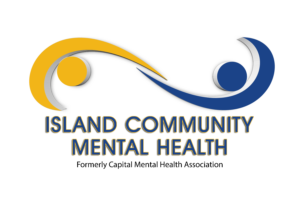13th VICTORIA and 8th VANCOUVER ISLAND SCHIZOPHRENIA CONFERENCE
Providing Mental Health Care in the Current Climate
Friday, November 26th, 2010
8:30 A.M. – 4 P.M.
Overall Learning Objectives:
1. To understand the interconnectedness of forensic and civil psychiatric populations
2. To explore the importance of partnerships and leadership values in supporting employment in these populations
3. To discuss the value of early psychosis intervention for the individual, and for the system
Keynote Speaker Learning Objectives:
Dr. Johann Brink: “Developing a strength based model of care for forensic and civil psychiatric populations”
Dr. Brink MB ChB BA Hons FCPsych(SA) FRCPC, Director, Clinical Services & Scientific Director, Forensic Psychiatric Services Commission, BC Mental Health and Addiction Services
– To have an understanding of the structure and functions of Forensic Psychiatric Services in BC populations
– To be aware of the overlap in clinical and risk characteristics of forensic and civil psychiatric risks in forensic and civil psychiatric settings
– To have a working knowledge of START – a strength based assessment measure for multiple
Leigh Thomson “Growing Employment Services in these tough economic times”
Team Leader, Employment Services CMHA, Burnaby, BC
– To discuss effective approaches and planning from a systems perspective
risks in forensic and civil psychiatric settings
– To review how to establish leadership values at the agency level
– ‐ To understand how our practice can maintain high employment outcomes
– ‐ To explore how partnerships support employment in these economic times
Dr. Rex Bowering: “Early Psychosis Intervention: Changes in a Time of Transition”
Dr. Bowering MD, FRCPC Child and Youth Psychiatrist, VIHA Division Chief, Child and Adolescent Psychiatry
– To explore the value of early recognition of potential psychotic disorders
– To review signs and symptoms and prospective implications
Please follow the link for the brochure: 2010 Schizophrenia Conference Brochure



